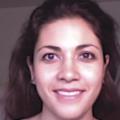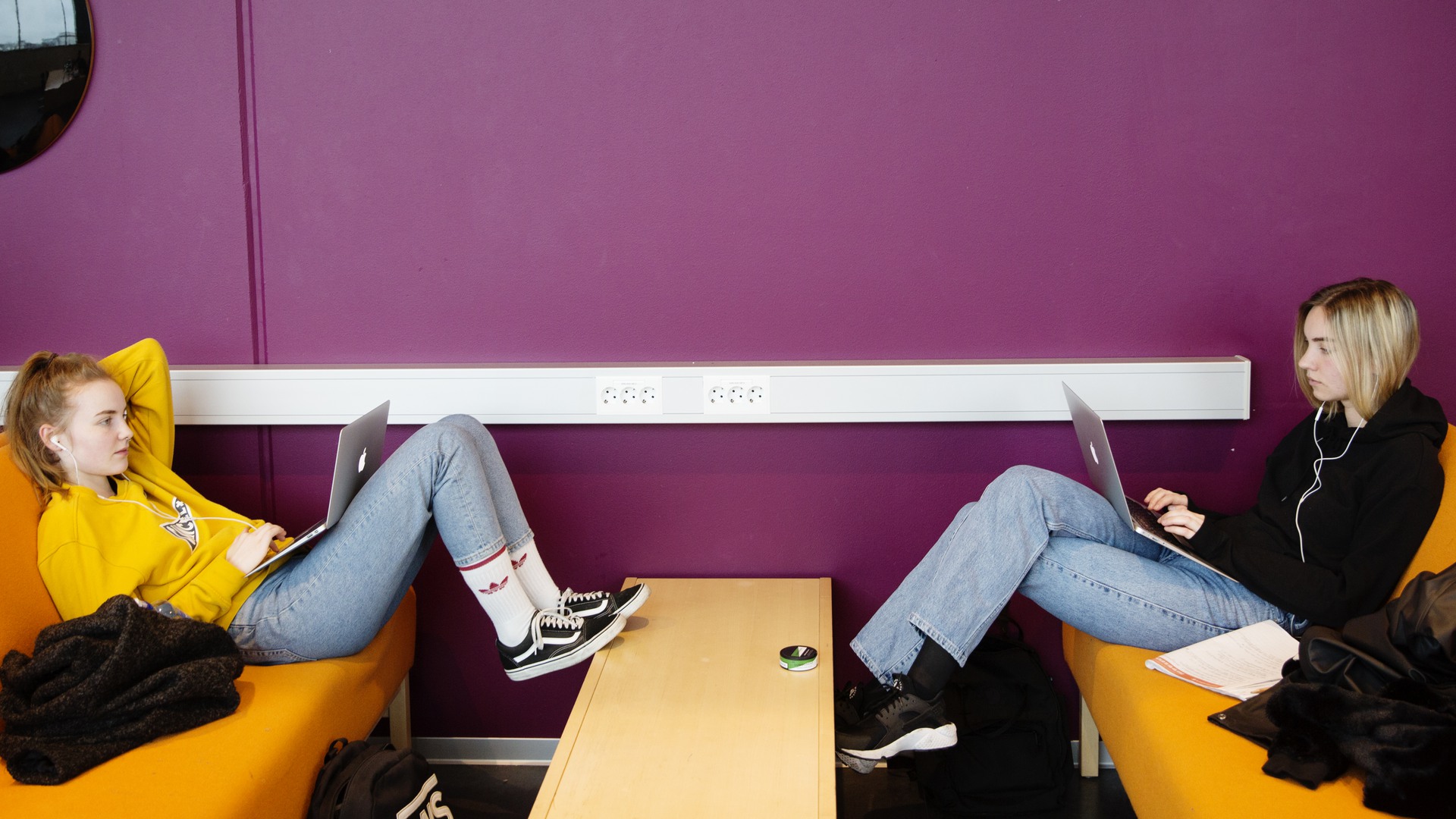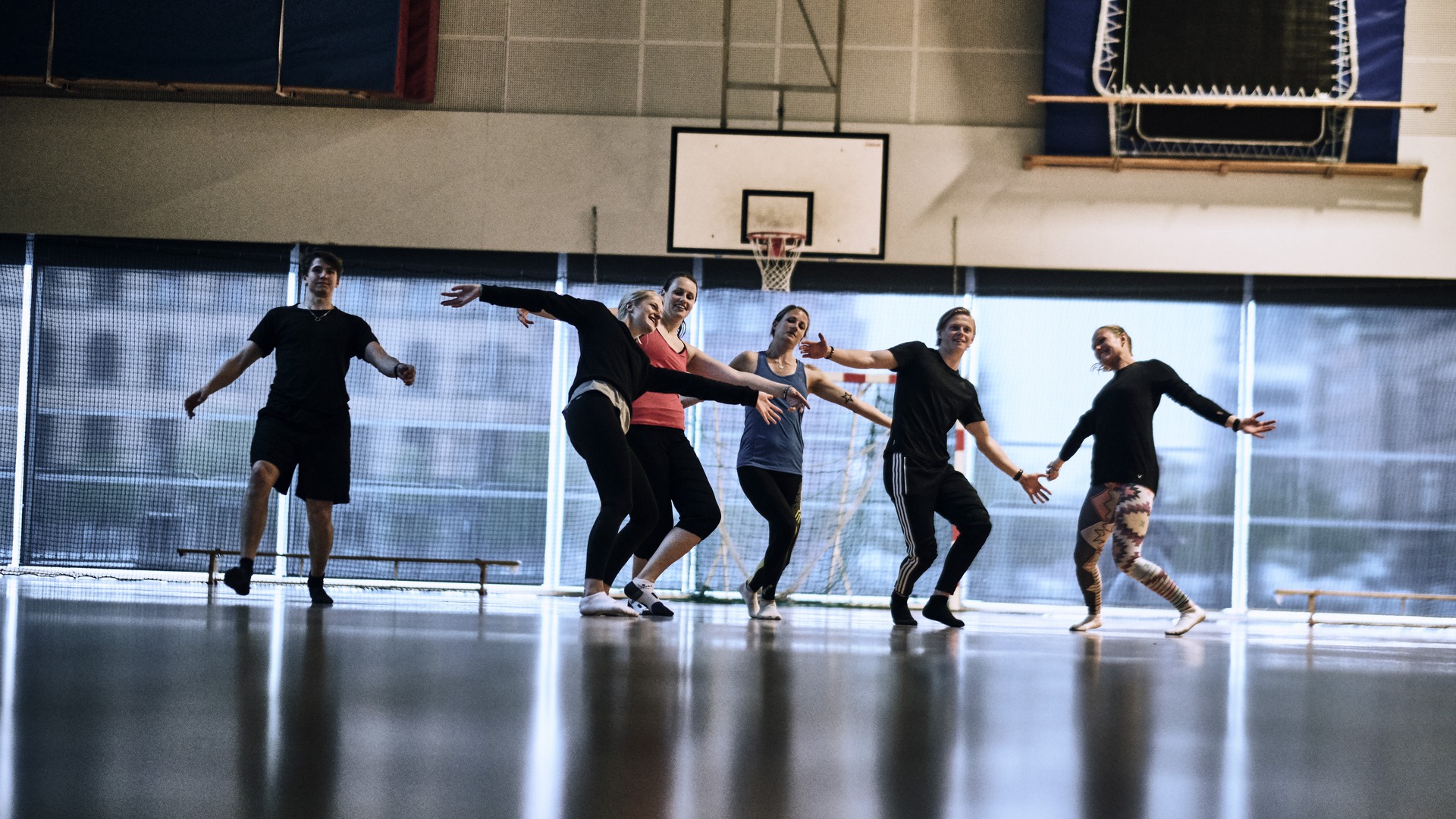Orr, Madeleine (2024). Warming Up: How Climate Change is Changing Sport. London: Bloomsbury Publishing. 320p.
Svensson, Daniel, Backman, Erik, Hedenborg, Susanna & Sörlin, Sverker (eds.) (2023). Sport, Performance and Sustainability. London: Routledge. 153p.
A reading list with current research is provided at the beginning of the course.
Material from UN, IOC etc.
EduSinglePage
This course is offered as part of programme:
Course content
Course objectives
The aim of the course is to develop a deep understanding, and an ability to strategically reflect and propose solutions, regarding sustainability issues in a contemporary sport and health context.
Course contents
The course addresses sustainable development issues in connection to sport.
The concept sustainable development, which includes social, economic and environmental aspects, is problematised in a contemporary sport and health context. Here, social aspects include for instance equality, accessibility and lifestyle issues. Economic aspects are viewed both from the individual and societal perspective and include welfare as well as growth issues. Environmental aspects include for example resource consumption, pollutions, land degradation, etc.
Of importance are both theoretical understanding and empirical application in co-operation with different actors.
Furthermore, the course addresses questions concerning how sustainability work is conducted and could be carried out in different sport related organisations, locally, nationally and internationally.
The students develop their ability to strategically reflect and suggest solutions, regarding sustainability issues in a contemporary sports and health context, based on an analysis of a selected sport or health related organization.
Finally, the student identifies the need for further knowledge within the field more broadly and from a personal perspective.
Entry requirements
Basic Requirements and Special Eligibility: A Bachelor degree with at least 180 credits or an equivalent foreign degree, a minimum of 90 credits in sport science, sport studies, sport and exercise science, sport management, sport business, human movement studies, kinesiology, physical education, sport politics, sport coaching, sport psychology, public health, exercise and nutrition, recreation management or equivalent.
The equivalent of English 6 in Swedish secondary school.
Course literature
Course evaluation
Malmö University provides students who participate in, or who have completed a course, with the opportunity to express their opinions and describe their experiences of the course by completing a course evaluation administered by the University. The University will compile and summarise the results of course evaluations. The University will also inform participants of the results and any decisions relating to measures taken in response to the course evaluations. The results will be made available to the students (HF 1:14).



